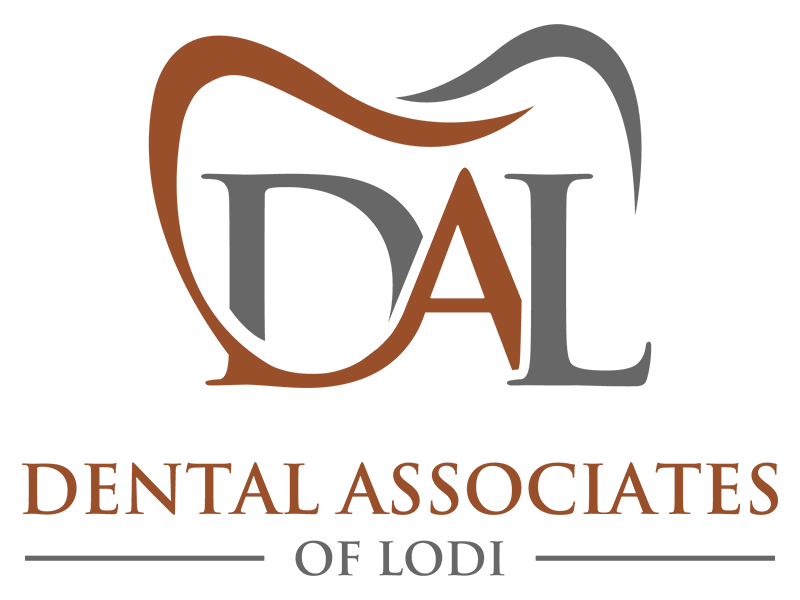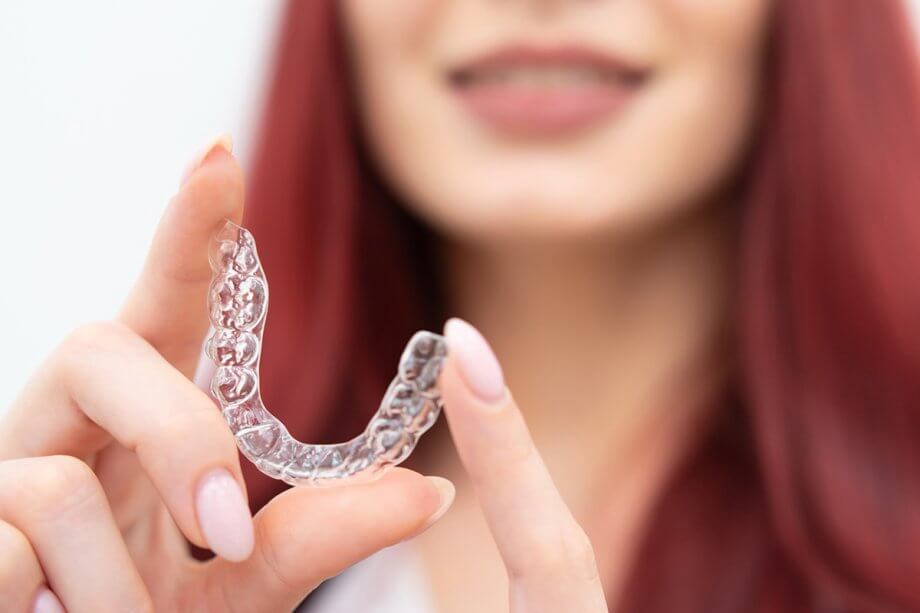Invisalign is quickly becoming the most popular way to straighten teeth. People like Invisalign for its discreet appearance among other benefits. As with any type of orthodontic treatment, there are pros and cons of Invisalign. Here’s what you need to know to decide if Invisalign is the right option for straightening your teeth.
What is Invisalign?
Invisalign is an orthodontic treatment that uses clear plastic aligners to gently straighten teeth. The aligners are similar to retainers that fit over your teeth and are removable. Treatment consists of a series of aligners that are worn for about 2 weeks at a time. You wear each set in a specific order until your teeth have reached the desired position and your smile has been transformed.
Pros of Invisalign
There are many benefits of Invisalign, including:
- Discreet. Invisalign clear aligners are essentially invisible on your teeth. They won’t affect your appearance in a noticeable way, other than improving your smile over time.
- Comfortable. The aligners are made of smooth plastic that is comfortable with minimal chance of irritation to the soft tissues of your mouth.
- Convenient. Invisalign aligners are removable for eating and cleaning your teeth. There are no food restrictions or special dental care tools required.
- Efficient. Invisalign treatment is typically shorter than traditional braces treatment.
Cons of Invisalign
Invisalign does have a few disadvantages, such as:
- Aligners can be lost or damaged. Invisalign requires a certain level of responsibility. It is important to safely store your aligners in the case provided whenever you remove them. This helps avoid loss or damage.
- Compliance is key. It is also important to follow your treatment instructions. Wear your aligners as much as possible, at least 22 hours a day for best results. Be sure to wear them in the correct order and for the recommended time frame.
- You can’t eat while wearing your aligners. It is necessary to remove your aligners when eating or drinking anything other than water. If you’re a frequent snacker or sipper, Invisalign may not work well with your lifestyle.
- Increased risk of tooth decay. Aligners cover the surface of your teeth, which prevents the natural rinsing process that saliva provides. Food and bacteria can get trapped under your aligners and cause cavities. It is important to brush your teeth after eating before putting your aligners back in.
- Only effective for mild to moderate cases. Invisalign is not an effective treatment option for everyone. If you need mild to moderate orthodontic corrections, Invisalign may work for you. But some patients with severe orthodontic conditions may need braces to achieve the necessary treatment results.
Frequently Asked Questions About Invisalign
Can Invisalign correct an overbite?
Overbite is one of the most common orthodontic conditions that requires treatment. In most cases Invisalign can correct an overbite, as well as other common bite misalignments such as underbite, crossbite, and open bite.
Does Invisalign cost more than braces?
Invisalign treatment is comparable to the cost of braces. If your dental insurance includes coverage for orthodontic treatment, Invisalign will most likely qualify. Financing and payment plans are available to make the out of pocket cost more affordable.
Are You a Candidate for Invisalign?
If you’re interested in Invisalign treatment, the first step is to schedule a consultation with Dental Associates of Lodi. After a brief evaluation, we can make a recommendation for the best orthodontic treatment option for you.
Call 862-247-8030 or contact us today to learn more and schedule an appointment.


